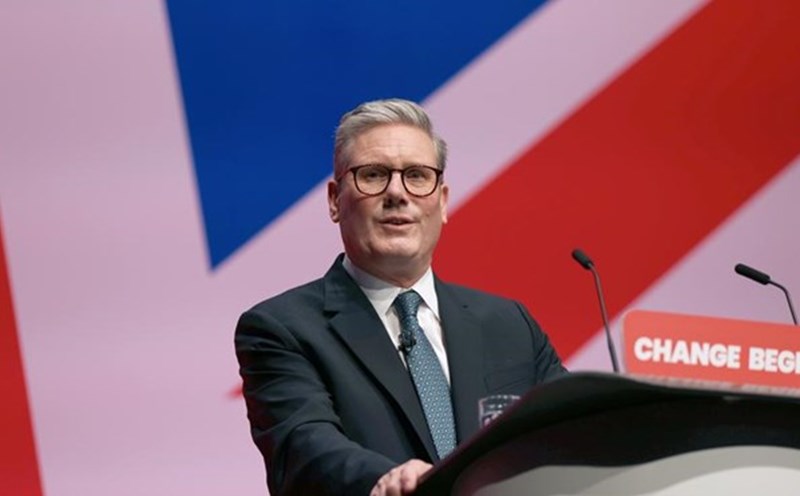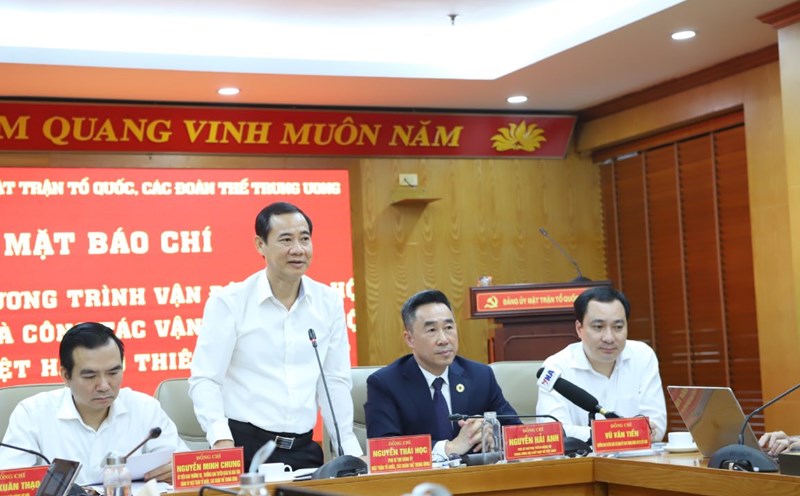The Royal Consulate General (CPS) has just attracted attention when it decided to cancel the Espionage charge against two men suspected of working for Chinese intelligence - a move that has prompted legal experts and lawmakers to question the transparency of the investigation.
The two suspects, Christopher Berry and Christopher Cash, a former Conservative assistant secretary, were arrested in 2023 under the Official Secret Service Act. They have been accused of providing sensitive information to China while approaching the British legislative body.
However, on October 8, CPS announced the cancellation of the prosecution, citing that there is not enough evidence to ensure the possibility of a verdict. The decision was directly approved by UK Attorney General Stephen Parkinson, head of CPS.
Legal experts and lawmakers have criticized the case, calling it an unusual turning point in what is seen as the most serious case on UK national security in a decade.
Some lawmakers expressed concern that political pressure or diplomatic factors may have affected the CPS' decision, especially in the context of the UK seeking to heal trade relations with China.
If the intelligence allegations were exposed due to weak evidence, it would suggest the security could have taken action too early, said Clive Walker, a law professor at the University of Leeds. But if it is political pressure, it will be a heavy blow to the reputation of the English judiciary.
Former Home Secretary Suella Braverman called it an un Acceptable mistake, while many lawmakers demanded the release of all the investigation documents to clarify the real reason behind the decision.
Speaking after the allegations were cleared, Christopher Cash said he was completely innocent and thanked those who have supported him over the past two years.
The incident is seen as a heavy blow to the UK government's efforts to tighten national security against foreign intelligence activities.
Some experts say the ruling could make London more cautious about similar spying investigations in the future and open up new controversy over the line between national security and personal freedom.











